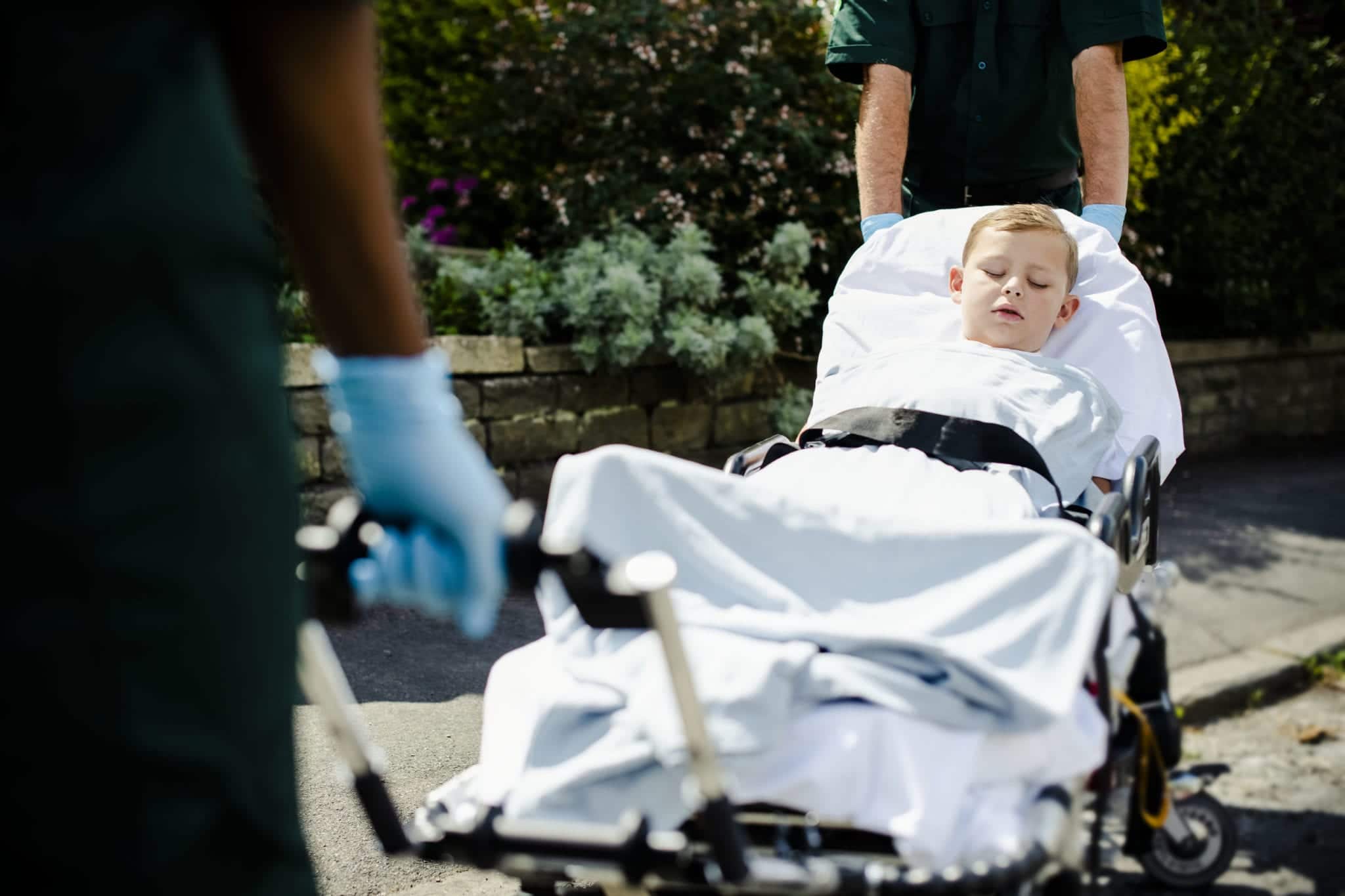When Does a FL House Fire End in a Child Injury Claim?
A house fire is the worst fear of every homeowner – and it can be even worse if someone you love, such as your child, is injured as a result.
A family in Cocoa, Florida had that nightmare become a reality recently. A blaze destroyed their home and injured one of their children, who was treated for burns.
If this ever happens to you as a parent, you probably wonder what the legal recourse is. Well, that depends on the cause of the fire. Here’s what you need to know about product liability laws in Florida and how damages are calculated if negligence is found.
Product Liability Laws in Florida
To determine if you have a valid case in Florida for product liability, you have to first understand the laws that govern this type of case in the state.
In Florida, the manufacturers, distributors, designers, and suppliers of products can be held liable for injuries sustained due to their products.
If a family member dies, the law also allows you to pursue claims on their behalf when it can be established the product was dangerous or defective and caused their death.
It’s important to understand that these cases can be quite complex, which is why consulting with an attorney about your case is important.
Negligence in Florida
In product liability cases in Florida, manufacturers are required, or have a duty, to ensure their products are safe and do not put those who use them in danger.
Manufacturers are responsible for designing products safely, testing them after they’ve been produced to ensure they follow quality standards and ensure that any complaints lodged by consumers about injuries are monitored.
If any of these points are not followed through on, then that leaves them open to product liability lawsuits.
Negligence must be established in these cases, which means it must be shown that an issue with the product leads directly to injuries sustained.
For example, if faulty wiring in a product leads to a house fire that injured your child, then you may be able to sue the manufacturer of the product for liability.
Florida’s Pure Comparative Negligence Rule
Under Florida law, even if you are determined to have some fault in the incident that caused you or a loved injury, you may still be able to file a lawsuit and receive some damages.
That’s because, in Florida, there is what is called a pure comparative negligence rule. This rule states that your recovery is lowered based in proportion to your fault in the incident. For example, let’s say it is determined that you are 30 percent at fault for your injuries.
If you are awarded $100,000 as a result of a product liability lawsuit, then you are eligible to recover $70,000. Your recoverable damages are lowered by your percentage of fault.
The Statute of Limitations
If you sustained injuries that you believe were the result of a defective product, then you should consult an attorney as soon as possible. Under Florida’s product liability law, you have up to four years to bring a personal injury or property damage case. If the product resulted in the death of a loved one, then you have two years to file a claim. Make sure you bring a claim in time.
About the Author:
Andrew Winston is a partner at the personal injury law firm of Winston Law. For over 20 years, he has successfully represented countless people in all kinds of personal injury cases, with a particular focus on child injury, legal malpractice, and premises liability. He has been recognized for excellence in the representation of injured clients by admission to the Million Dollar Advocates Forum and named one of America’s Top 100 High-Stakes Litigators. Mr. Winston is AV Preeminent Rated by the Martindale-Hubbell Law Directory, enjoys a 10.0 rating by AVVO as a Top Personal Injury Attorney, has been selected as a Florida “SuperLawyer” from 2011-2020 – an honor reserved for the top 5% of lawyers in the state – was voted to Florida Trend’s ”Legal Elite,” recognized by Expertise as one of the 20 Best Fort Lauderdale personal injury attorneys, named one of the Top 100 Lawyers in the Miami area for 2015-2017, and one of the Top 100 Lawyers in Florida for 2015-2017 and 2019.
 OSHA Laws: Florida Man Dies on a Helicopter Job
OSHA Laws: Florida Man Dies on a Helicopter Job 

















